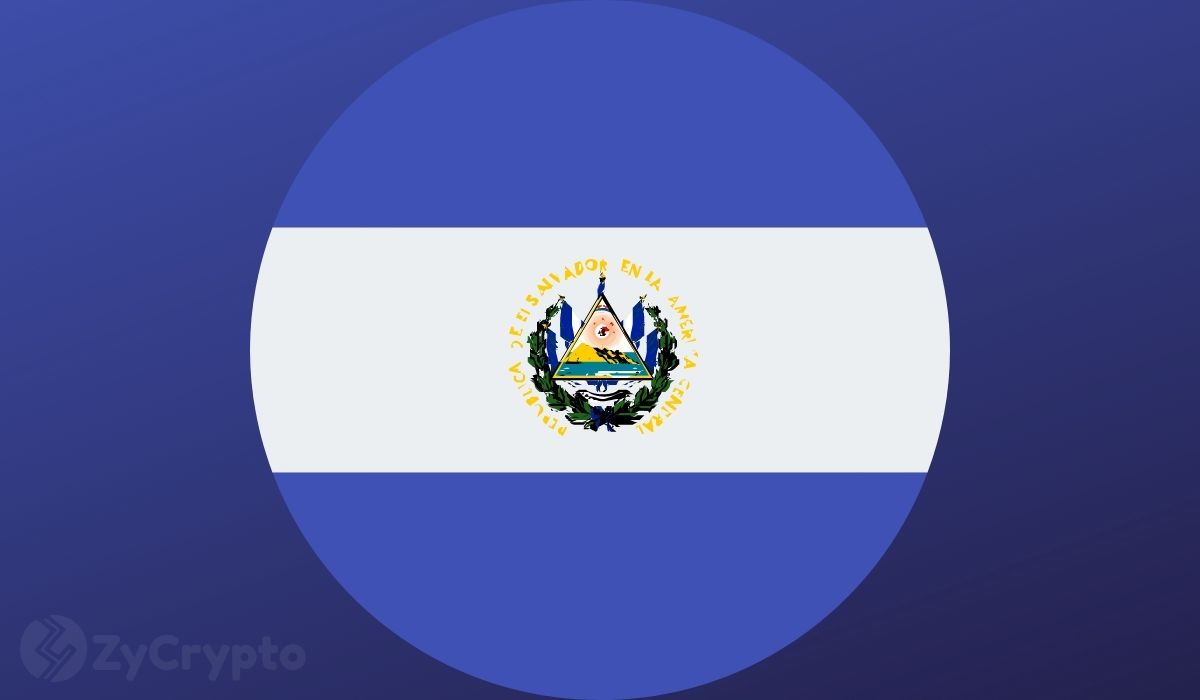The International Monetary Fund (IMF) has responded with criticism to El Salvador’s decision to adopt bitcoin as a legal tender, saying that the move will likely lead to unforeseen economic risks and regulatory complications.
According to a statement by IMF’s Spokesperson Gerry Rice, the adoption of Bitcoin as a legal tender in the country could cause complicated legal, financial, and macroeconomic issues. Rice said that the IMF is closely following the developments around the legal tender to perform appropriate and careful analysis as well as conducting consultations with relevant authorities.
“Crypto assets can pose significant risks and effective regulatory measures are very important when dealing with them.”
IMF Wants to Supervise El Salvador’s Bitcoin Adoption Process
President Nayib Bukele made the announcement barely a day ago but the IMF has already set up a team that is conducting virtual meetings on its fifth article review of El Salvador’s economic situation. The review includes a potential credit program and additional policies to strengthen the country’s economic governance.
As a result of the recent developments, the crypto community has responded in support of El Salvador’s decision on the bitcoin tender and geothermal power for bitcoin mining farms. The community also criticizes the IMF for trying to interfere with bitcoin adoption especially in a prime location like El Salvador. Blockchain Developer Dan Held said:
“El Salvador will not be the only country to make Bitcoin legal tender”
As earlier reported, the Bitcoin legal tender was passed to allow individuals, public and private entities to transact with bitcoin without any obstructing restrictions. This will make it very easy for businesses to use bitcoin as a currency in exchange for goods and services.
According to President Nayan Bukele, the move will help to improve the low banking situation in the country and reduce the cost of sending remittances. Bukele also followed the news with new support for bitcoin mining farms in the country to access and utilize clean, renewable, and affordable electricity from the country’s geothermal energy production sector.
Is the IMF Worried about BTC’s Potential Impact on Developing Nations?
However, as a certain user observed on Twitter, the IMF might be worried that Bitcoin will make its presence in El Salvador and other similar developing countries obsolete. The argument is that the IMF and Bitcoin share three primary goals in such developing countries, that is, to oversee economic development, promote capacity building, and reduce global poverty. The exception is that the IMF also offers lending services to these countries and once bitcoin kicks in, this channel of income might be or eventually will be obliterated.
“Lending- this is where the problem is for the IMF-they won’t be able to exploit the country.”
While this argument aligns with Bitcoin’s goal for decentralizing the entire world structure including the financial sector, there is also a valid concern about bitcoin’s volatility and the massive impact of whales on the crypto market. The two factors would understandably be a valid concern, especially after the recent stunts pulled by SpaceX and Tesla’s CEO Elon Musk on Bitcoin and Dogecoin’s prices.







